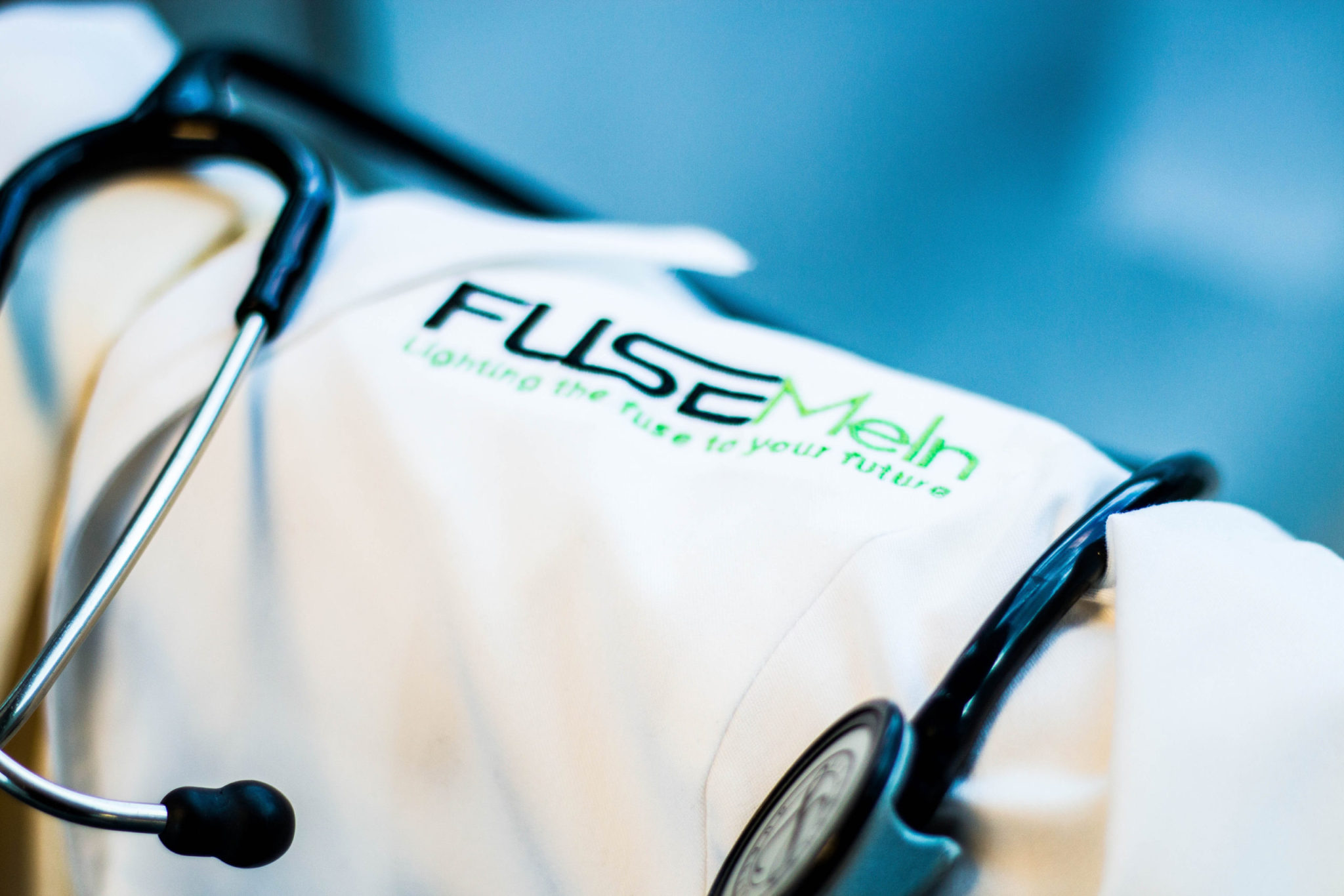Documentation must be on file
with Fuse Me In prior to beginning any clinical rotation.
Click each item for more information.
Digital Form – https://www.fusemein.com/code-of-conduct
Provided from your Institution. Students must have Proof of Malpractice Insurance before any rotation can begin. You must request a certificate to be sent to Fuse Me In. You must keep an updated certificate on file with Fuse Me In while rotating. If you do not have insurance and need assistance, please visit: https://www.fusemein.com/insurance
State-Issued Driver’s License/ID Card or Passport acceptable only. Fuse Me In must be provided with a color copy of a valid, clear and legible ID.
Visa Page on Passport
Fuse Me In must be provided with a clear and legible proof of current visa status.
Fuse Me In must be provided with a police background check that is no older than six (6) months before beginning rotations. Based on the requirements of the training institution or site, students may be required to undergo additional background checks as well as drug screening prior to beginning a rotation.
A negative 2 step PPD (The tuberculosis skin test, tuberculin test or Mantoux test)- if positive or you have a history of a positive test, you must submit a copy of your current (in the past 8 months) chest x-ray results. This must be on file before beginning rotations.
Fuse Me In must be provided with a current physical, proof of a recent (within last year) flu shot, and proof that you are current on Hep B., varicella, tetanus, and MMR. Immunization records must be dated within the last 10 years or you must supply recent titers.
Fuse Me In must be provided with a current copy of your CV or resume. USMLE Scores and dates of exams need to be provided if available.
Fuse Me In must have a HIPAA Certification for you on file before beginning rotations. HIPAA may be completed with your institution or by clicking the link below.
HIPAA Certification – https://www.fusemein.com/HIPAA
Dear Student, You have an ethical and legal duty to keep patient information confidential. Federal law known as the Health Insurance Portability and Accountability Act of 1996 (HIPAA) allow health care providers to use and disclose patient information for certain reasons, such as treatment, but at times it is necessary for the patient to agree to have his/her information used or disclosed. Health care providers also must consider who has access to the information and how much they need to see. Allowing a student to observe an encounter between a provider and a patient requires patient authorization. Failure to maintain the confidentiality of patient information required by HIPAA is considered a violation of the law and may have serious consequences.
Need Help Finding A Preceptor?
we can help — contact us today!


